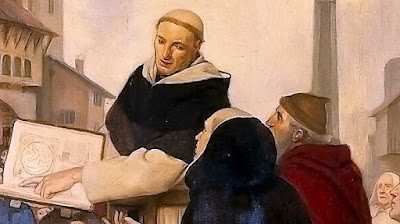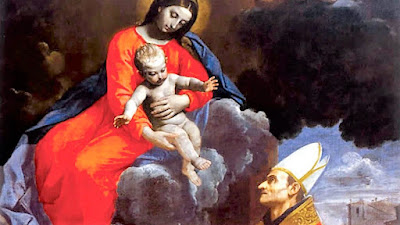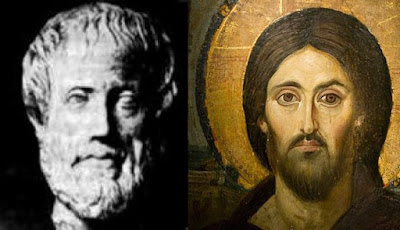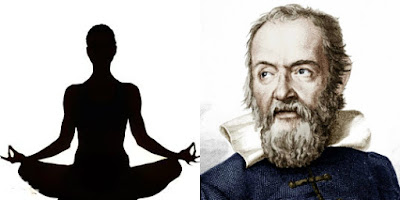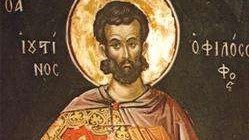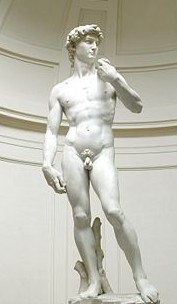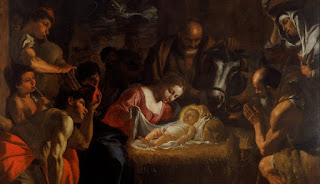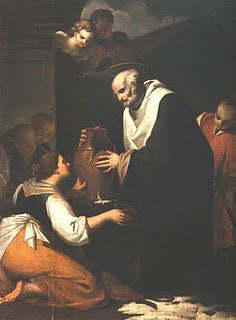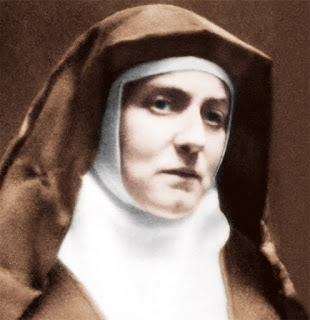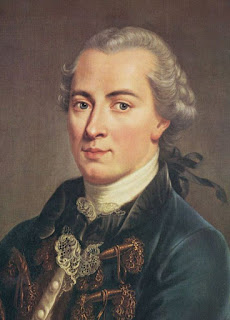St. John of Kanty, Scholar and Servant of the Poor
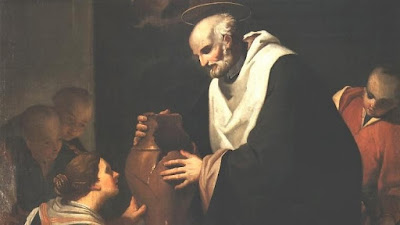
Optional Memorial - December 23rd Outward appearances of failure do not always indicate an interior lack of success. In fact, precisely the opposite can be true, as it was in the case of Saint John of Kanty (otherwise known as John Kanty or John Cantius.) This patron saint of both Poland and Lithuania could also have been designated the patron of frustration and disappointment, had he been so disposed to those things and less resolute. John of Kanty was born in Oswiecim, Poland, in 1390, and at first, he appeared destined for a life of renown and accomplishment. Though raised and initially educated in a rural setting, the future saint took quickly to life in the bustling city of Krakow, becoming a brilliant scholar at the university there. A student of philosophy and theology, he earned his doctoral degree, was ordained a priest, and named professor of theology at the very institution he had graduated from. John was popular with his students, so much so that some of his col
